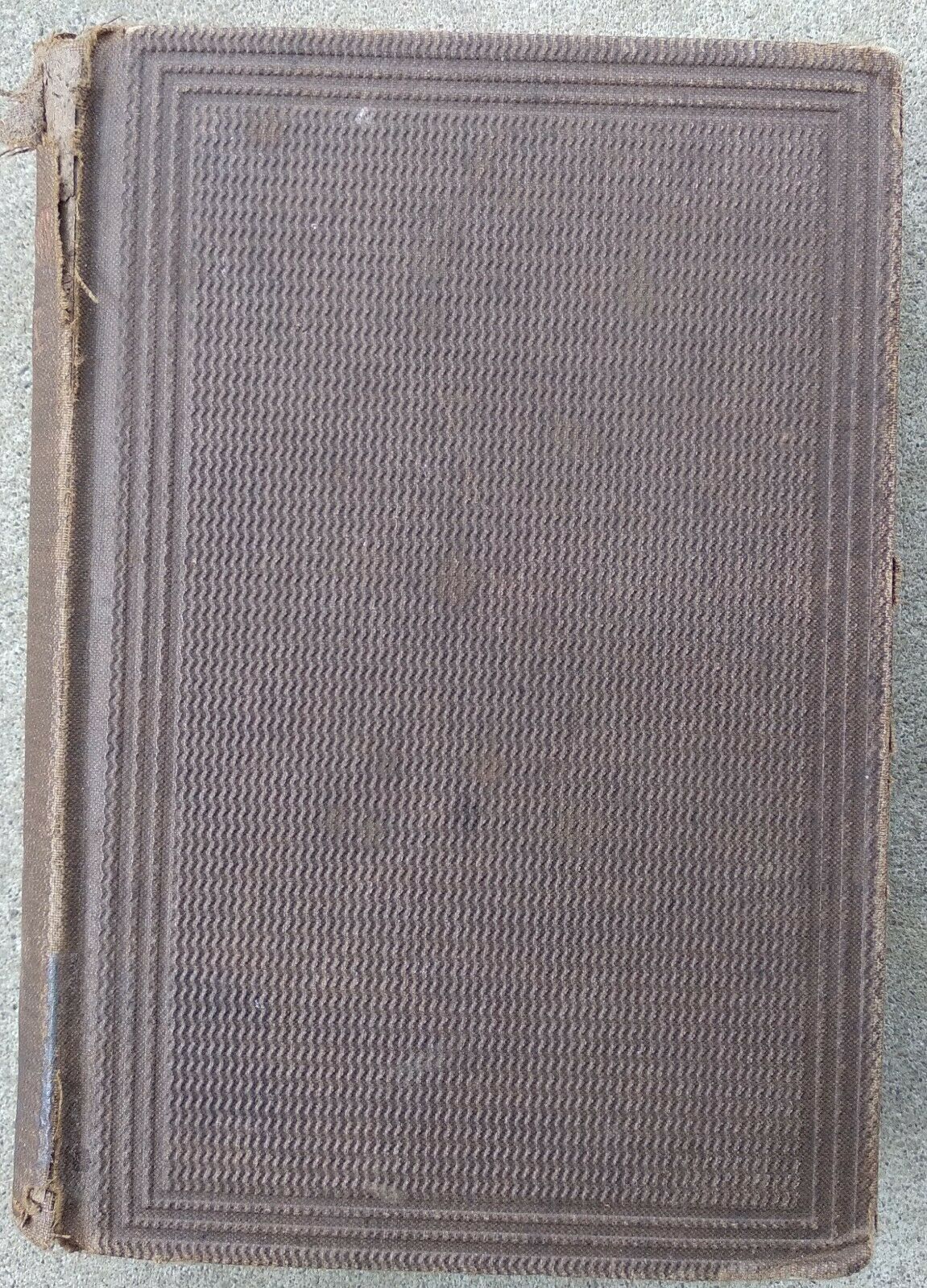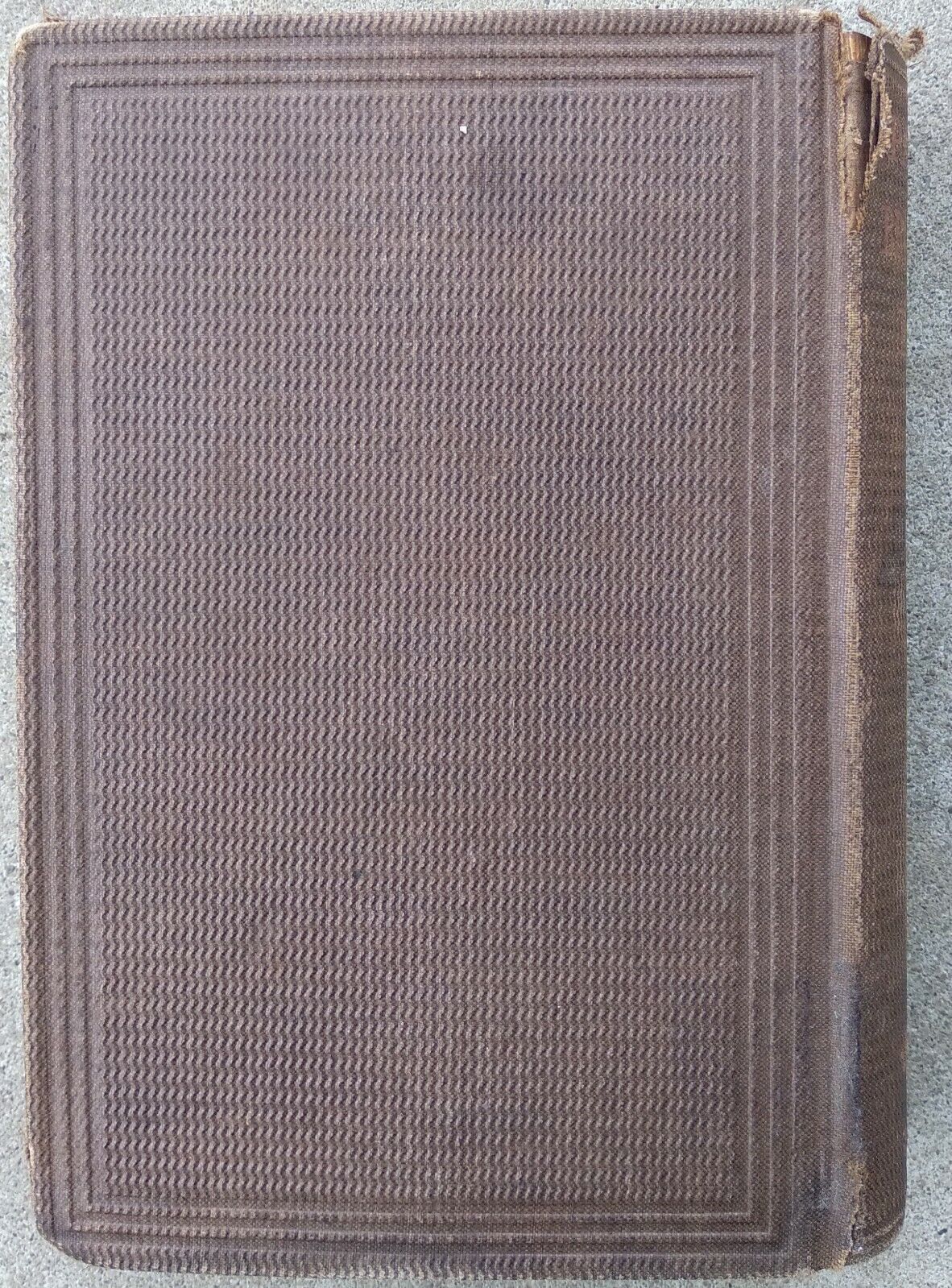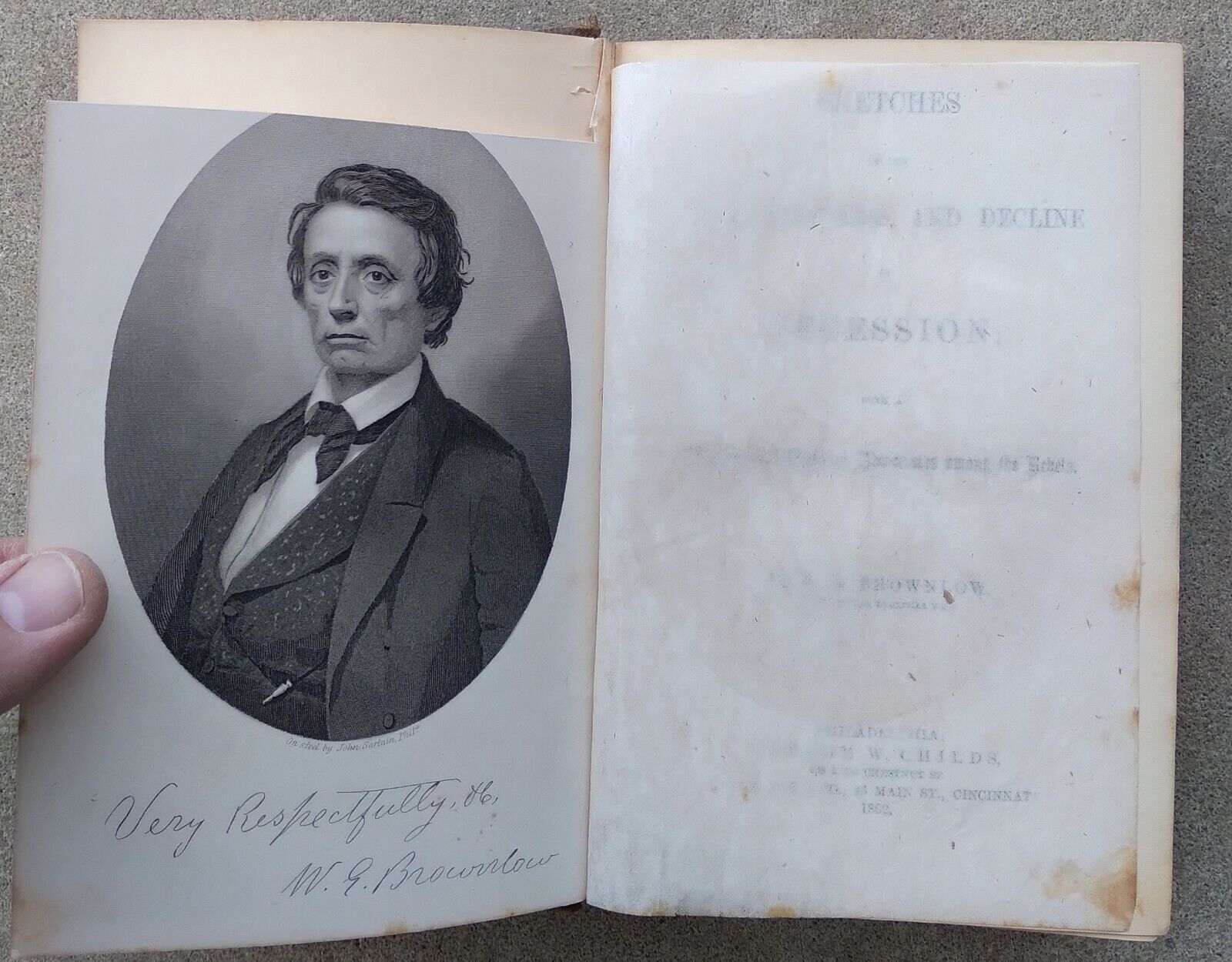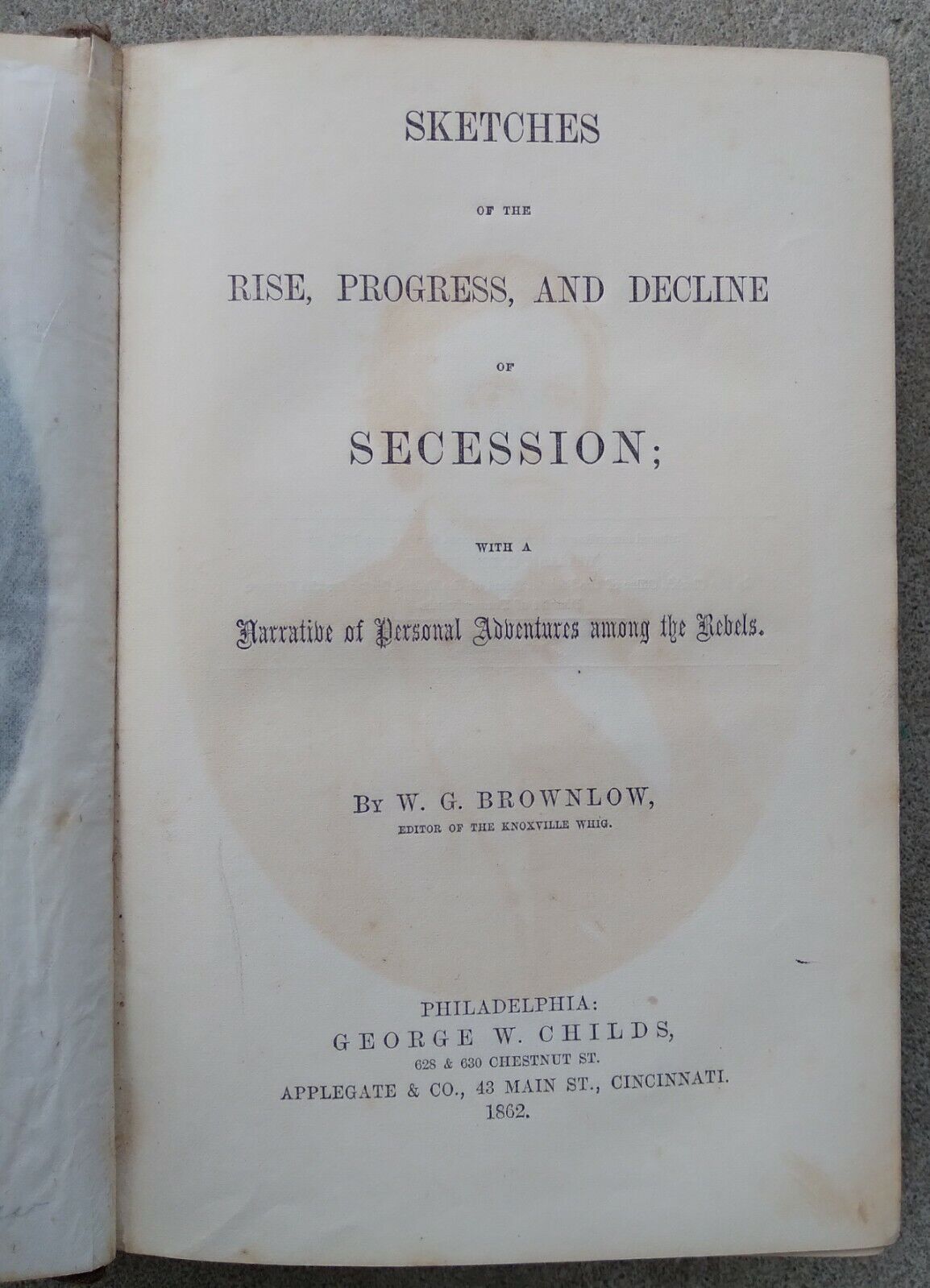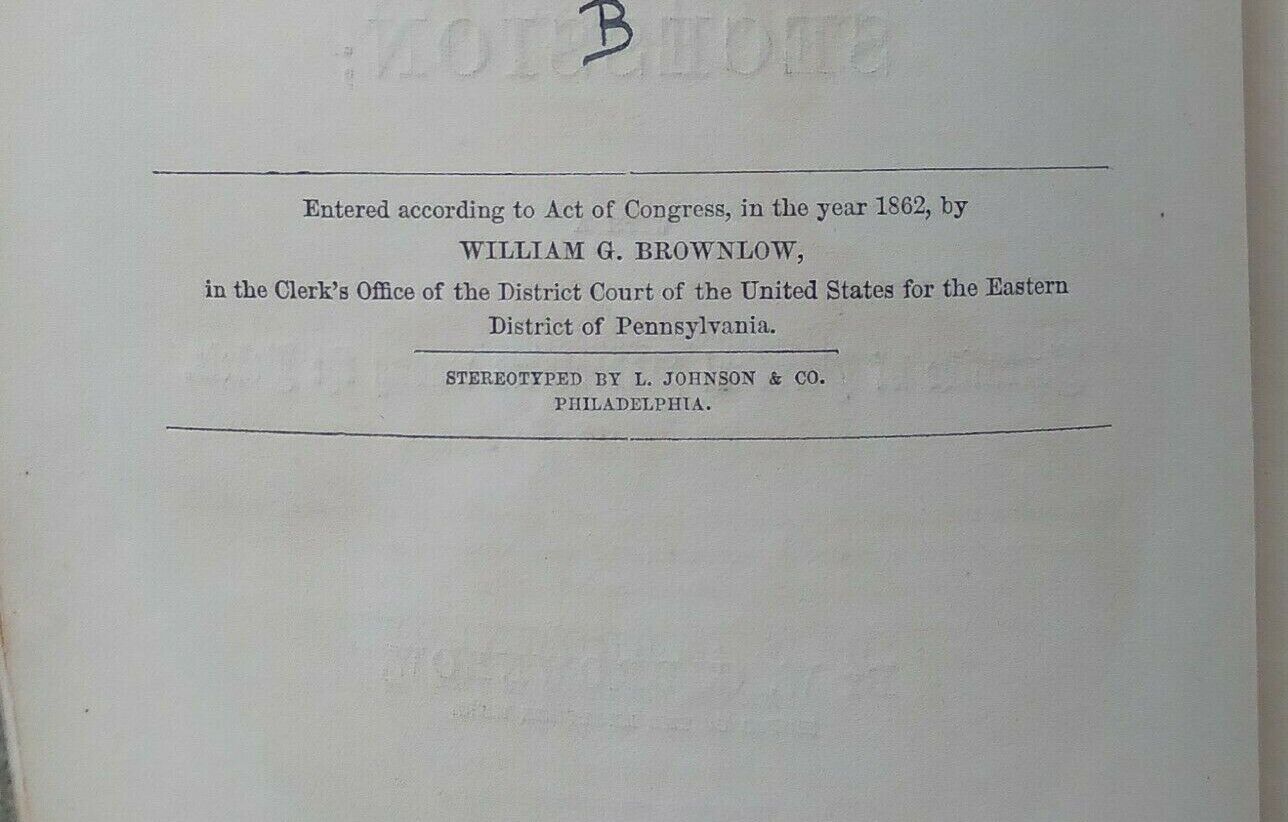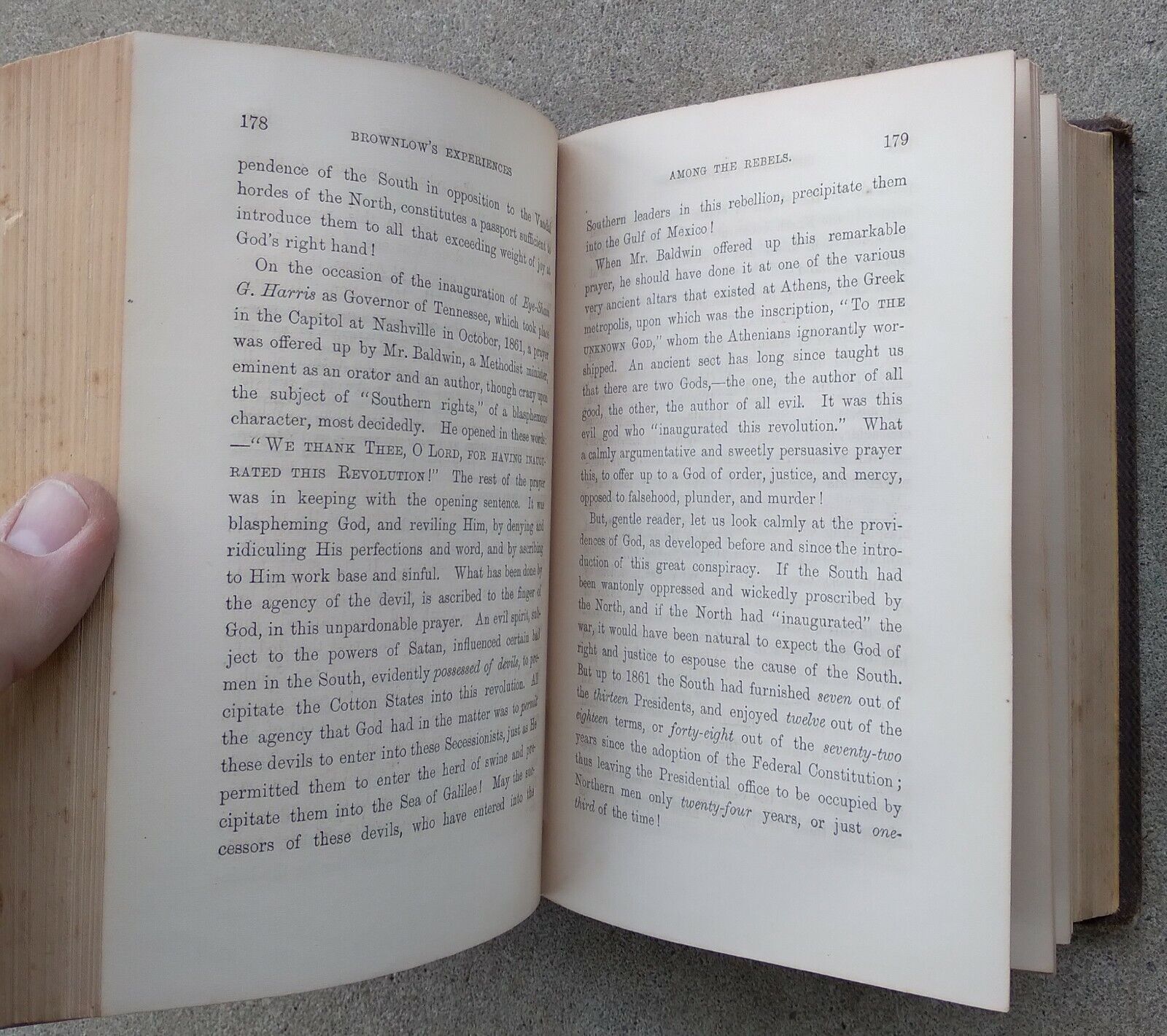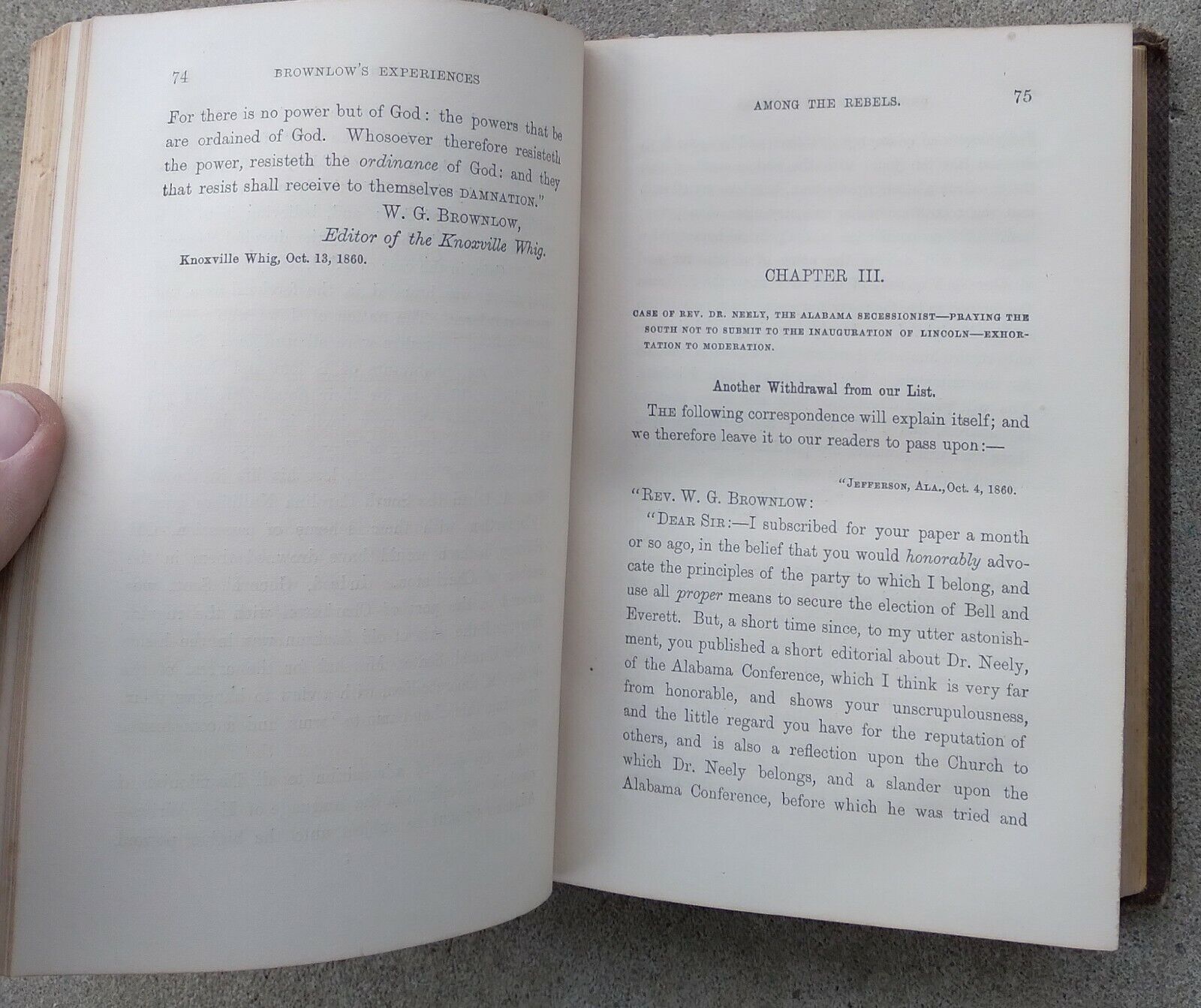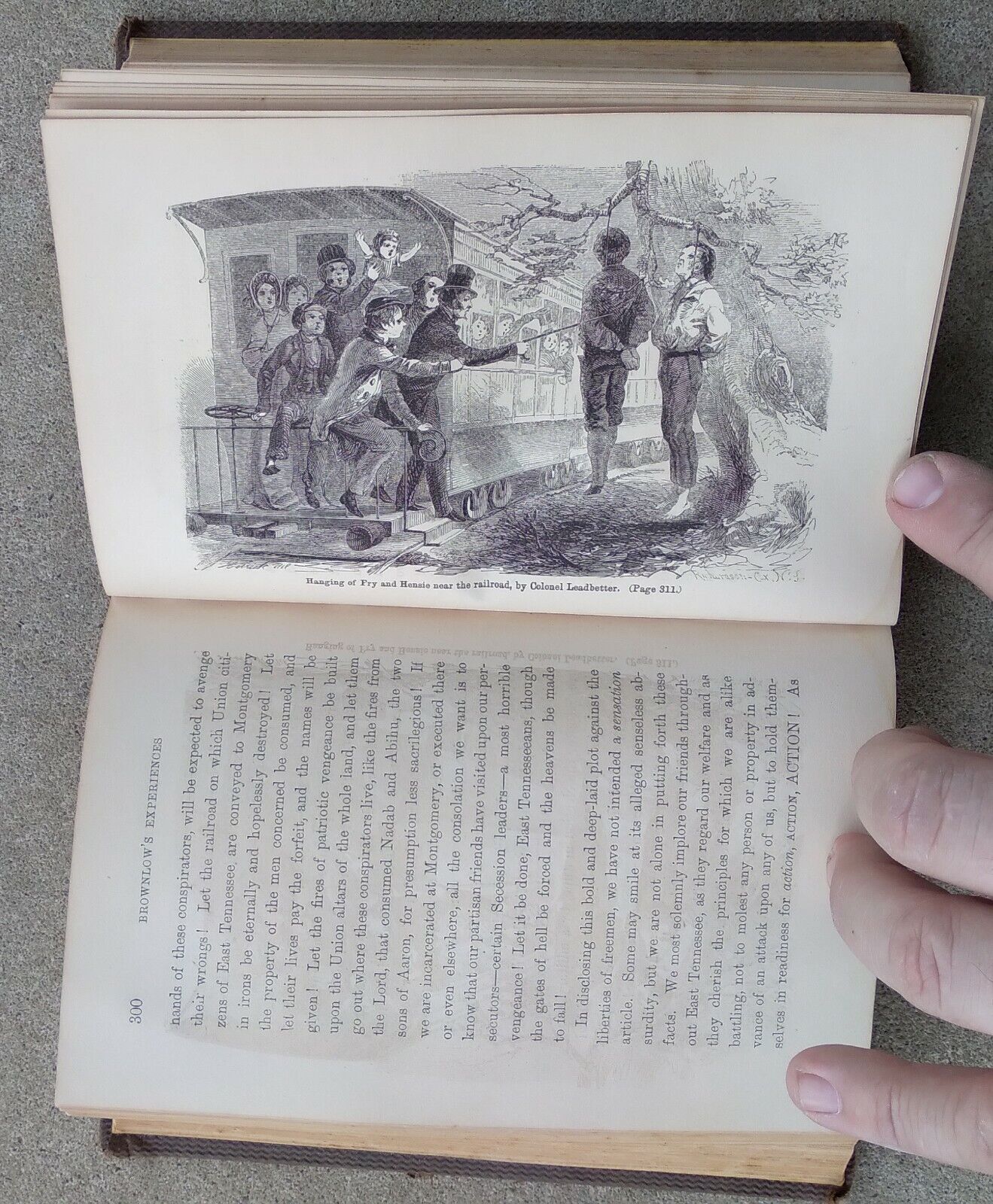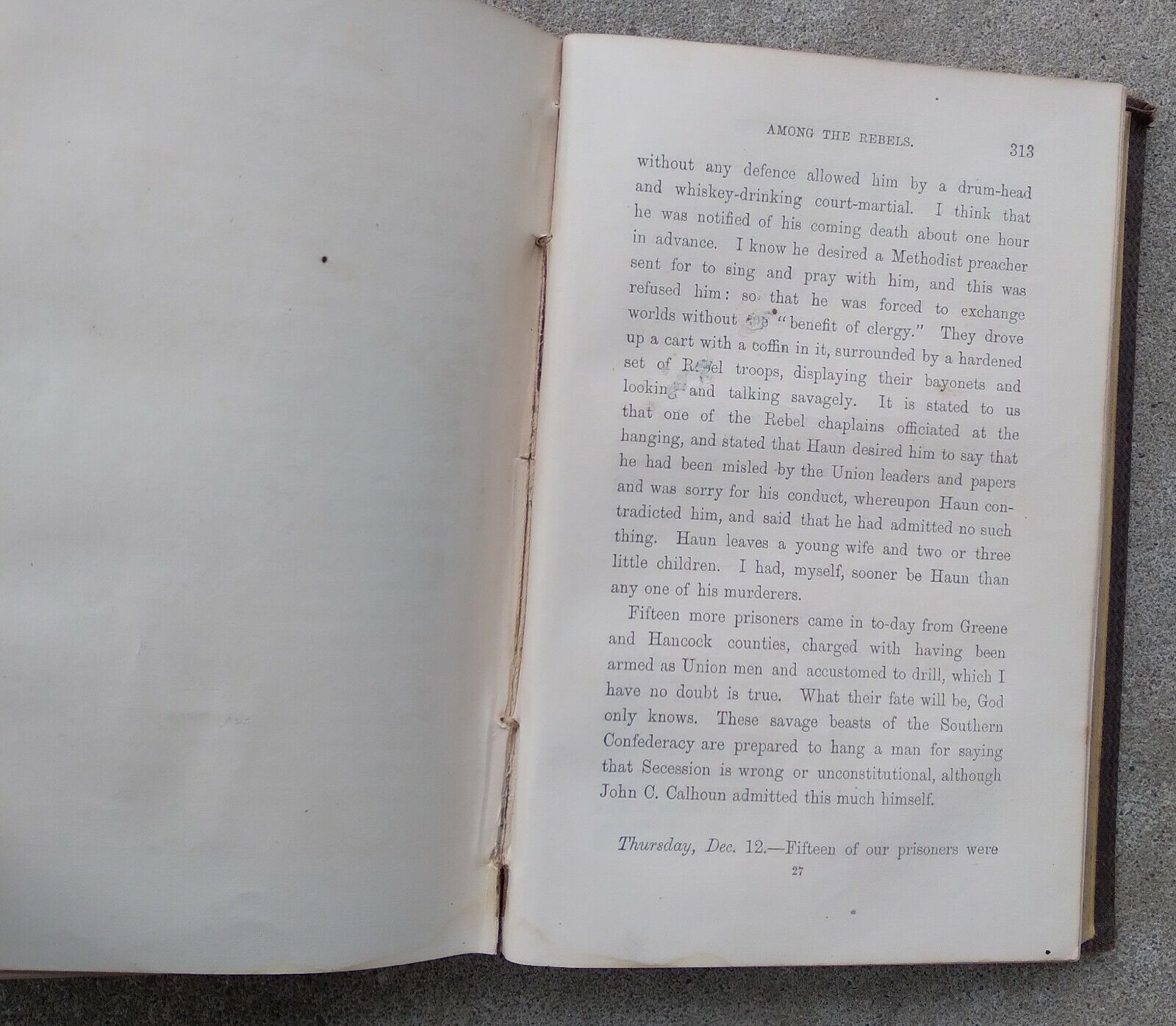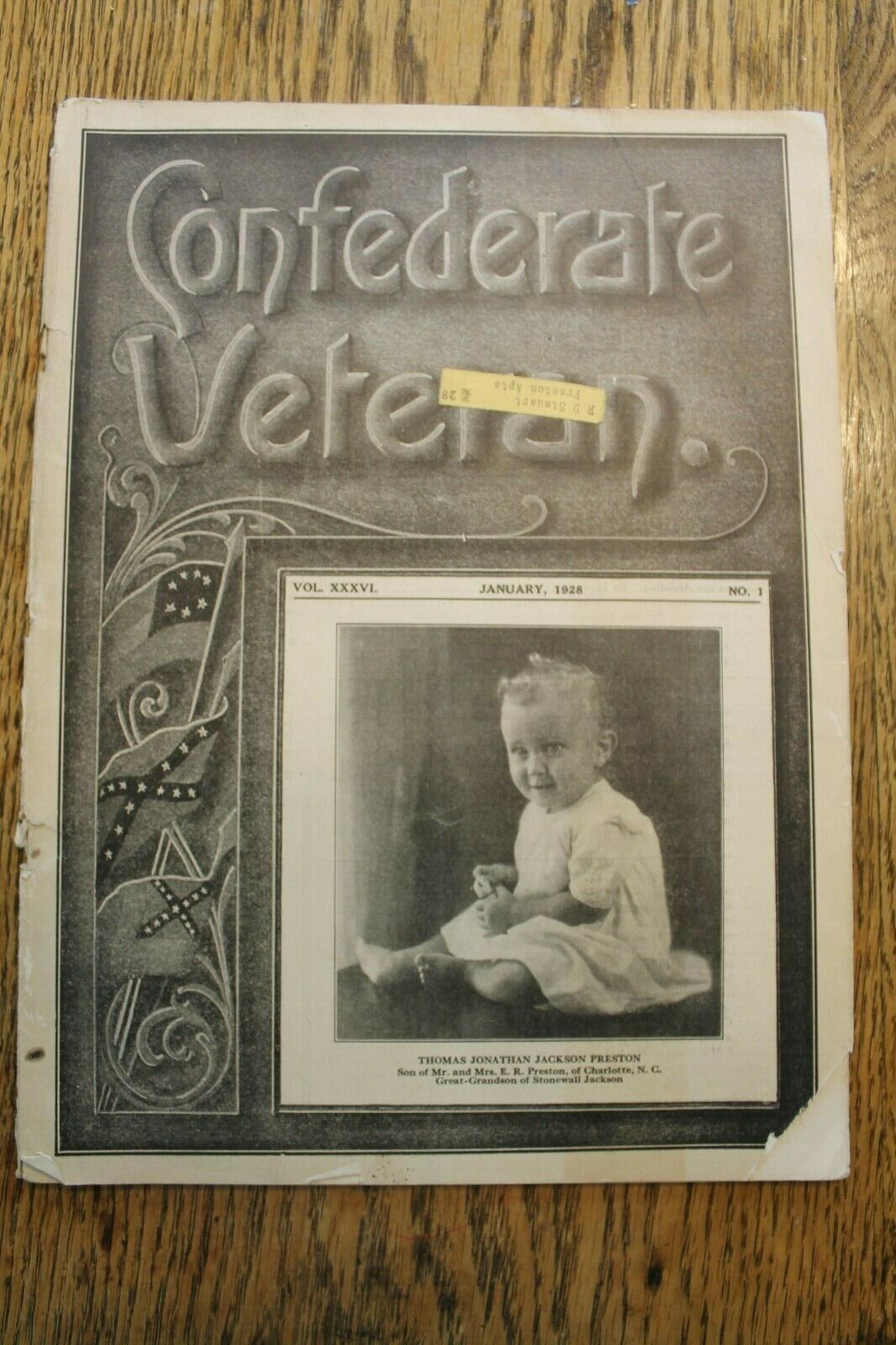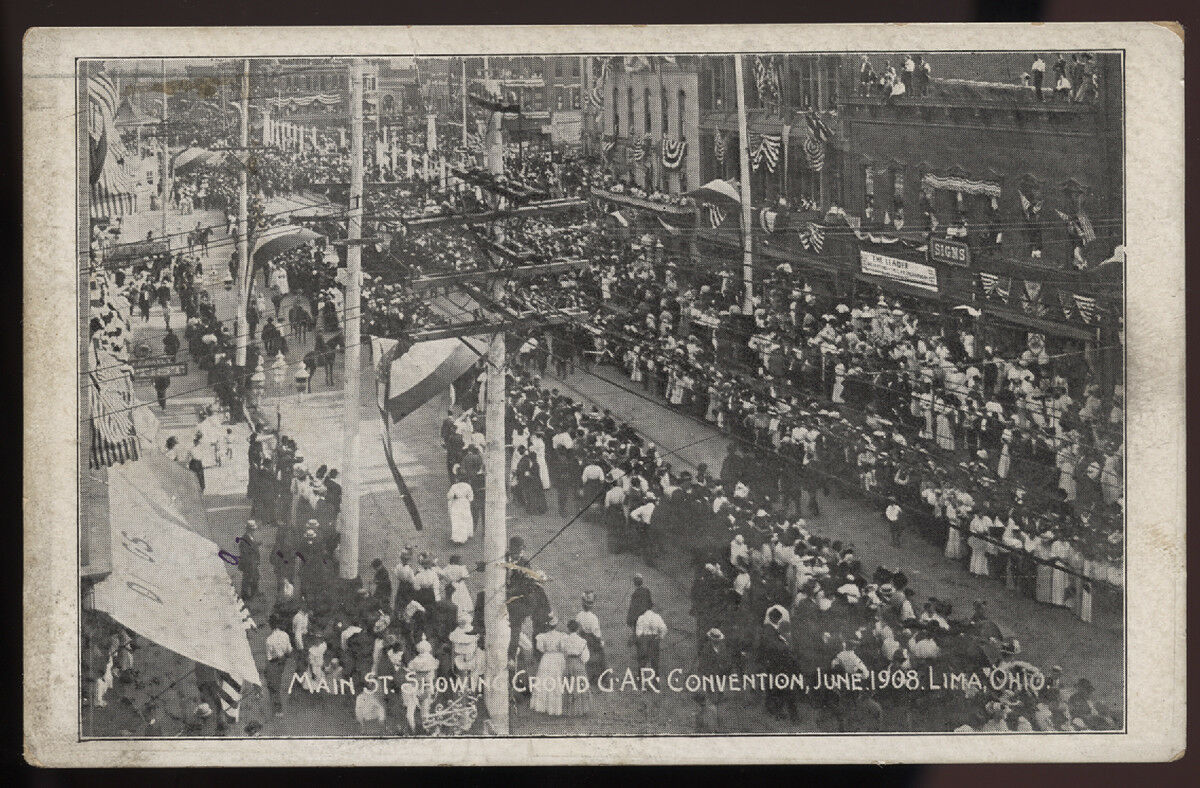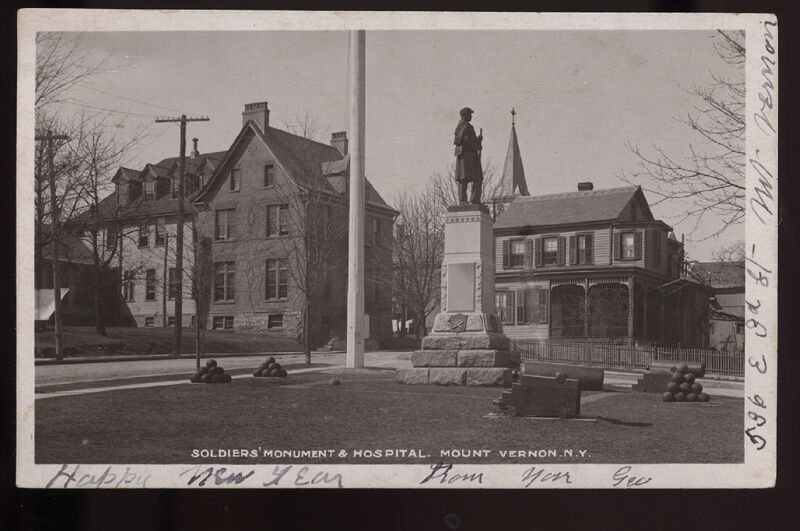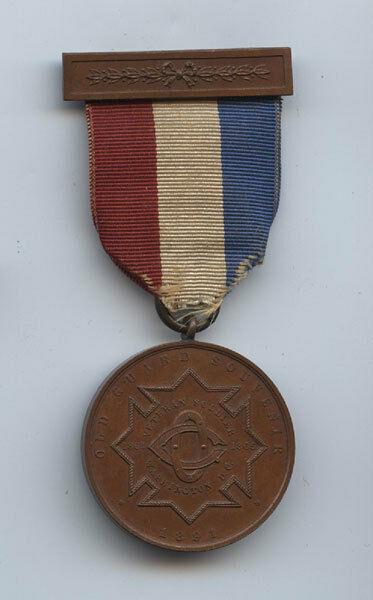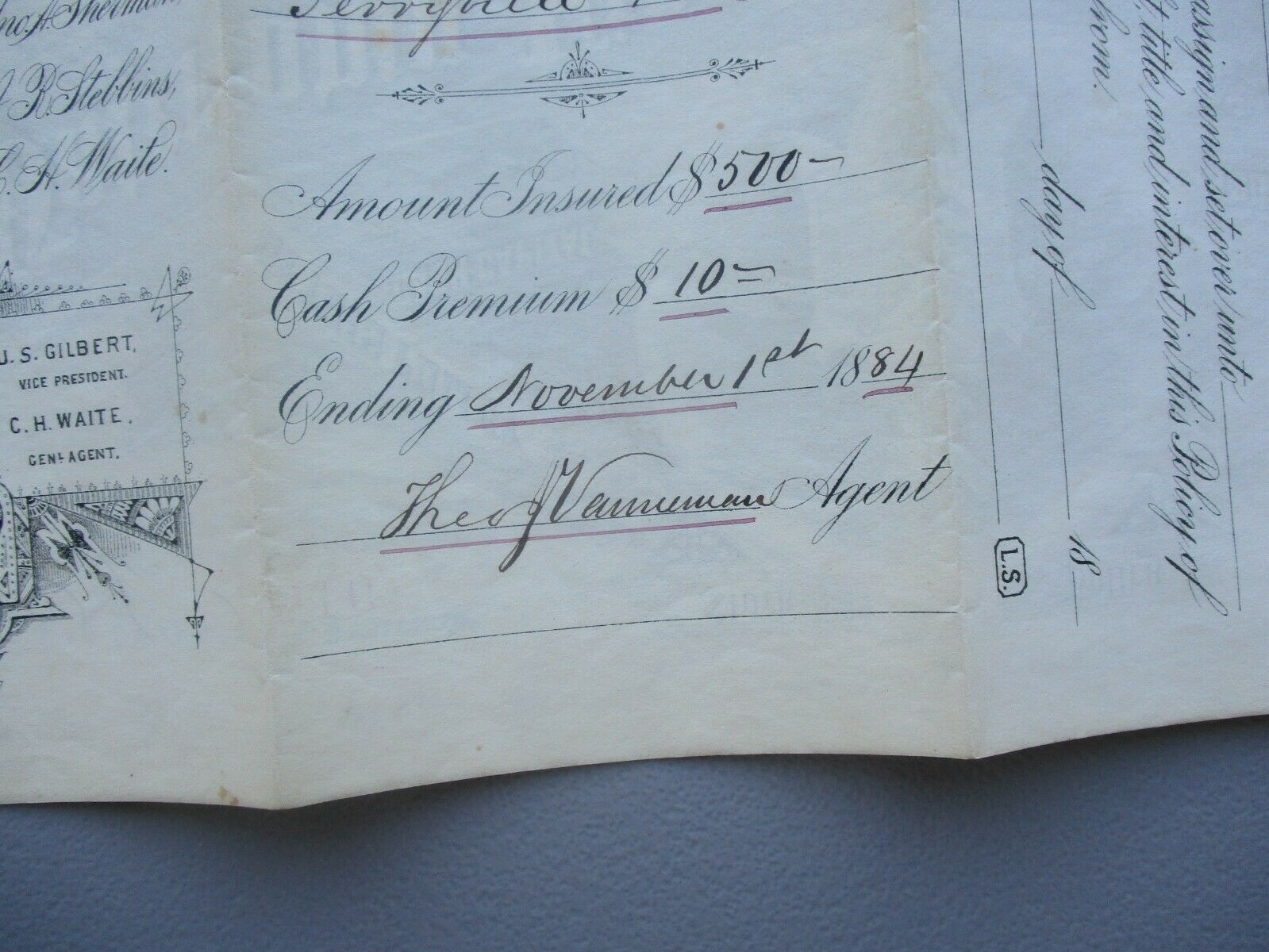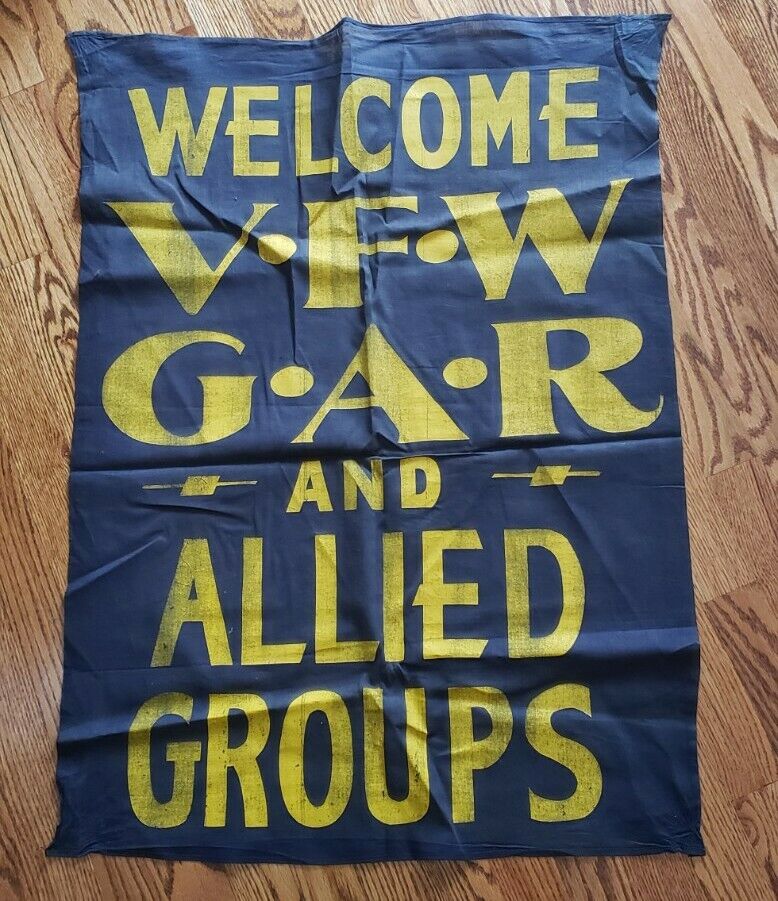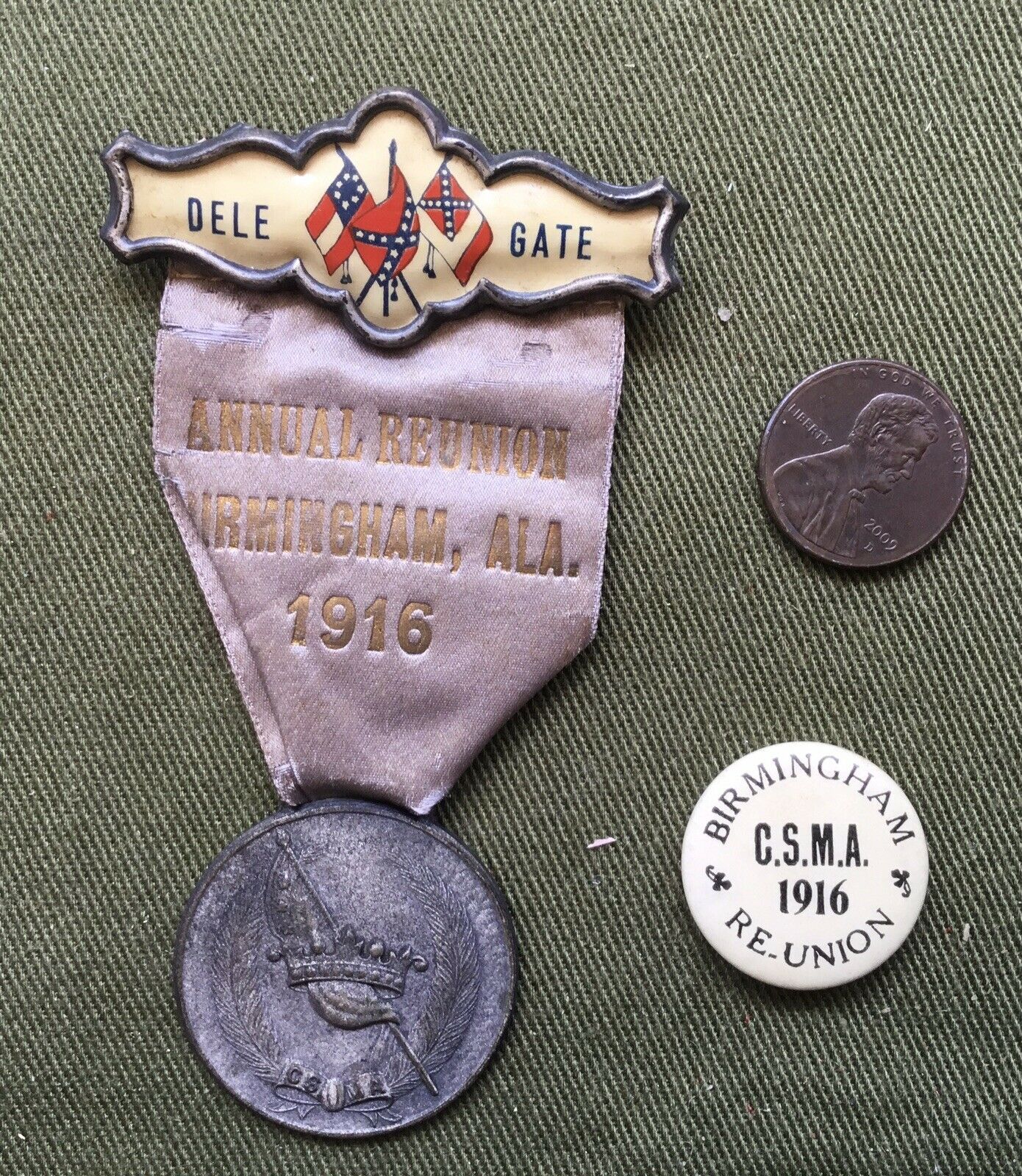-40%
Parson Brownlow's Book: Sketches of the Rise, Progress, and Decline of Secession
$ 15.83
- Description
- Size Guide
Description
Parson Brownlow's Book: Sketches of the Rise, Progress, and Decline of Secession with a Narrative of Personal Adventures Among the Rebels, by W.G. Brownlow, Published byGeorge W. Childs, Cincinnati, 1862.
A wonderful 1862 publication from one of the most controversial political figures of the time. He offers numerous interesting accounts of life in the south before and during the Civil War - especially dealing with the South's attitude toward northern sympathizers.
The book remains in poor-fair condition, showing signs of age, use, and wear. There are markings inside consistent with ex-library material (these markings are in ink). Heavy shelf wear, bruised corners, very worn spine, and general wear on boards is evident. Pages show age toning, foxing, and general wear. There are a couple pages removed, and one has been cut in half - most notably the plate featuring a portrait of the author. Overall, a serviceable copy fit for reading or adding to your library. Please see the pictures for more detail.
Guaranteed 100% authentic in every respect for life. Be sure to see our other listings for more historical antiques and militaria. Be sure to follow our store as new inventory is added daily.
William Gannaway "Parson" Brownlow
(August 29, 1805 – April 29, 1877) was an American newspaper publisher, Methodist minister, book author, prisoner of war, lecturer, and politician. He served as Governor of Tennessee from 1865 to 1869 and as a United States Senator from Tennessee from 1869 to 1875. Brownlow rose to prominence in the late 1830s and early 1840s as editor of the
Whig
, a polemical newspaper in East Tennessee that promoted Whig Party ideals and opposed secession in the years leading up to the American Civil War. Brownlow's uncompromising and radical viewpoints made him one of the most divisive figures in Tennessee political history and one of the most controversial Reconstruction Era politicians of the United States.
Beginning his career as a Methodist circuit rider in the 1820s, Brownlow was both censured and praised by his superiors for his vicious verbal debates with rival missionaries of other sectarian Christian beliefs. Later, as a newspaper publisher and editor, he was notorious for his relentless personal attacks against his religious and political opponents, sometimes to the point of being physically assaulted. At the same time, William was successfully building a large base of fiercely loyal subscribers.
Brownlow returned to Tennessee in 1863 and in 1865 became the war governor with the U.S. Army behind him. He joined the Radical Republicans and spent much of his term opposing the policies of his longtime political foe Andrew Johnson. His gubernatorial policies, which were both autocratic and progressive, helped Tennessee become the first former Confederate state to be readmitted to the Union in 1866, "exempting it from the lengthy federal military reconstruction inflicted on most of the South".
Brownlow utilized the Tennessee state government to enfranchise African-American former male slaves with the right to vote and to qualify as candidates for public offices in Tennessee elections soon after the Civil War. Soon after, ex-Confederate political leaders and military officers using the Ku Klux Klan and likeminded vigilante groups, worked to disenfranchise African-Americans.
Hardbound, 458 pages + ads
